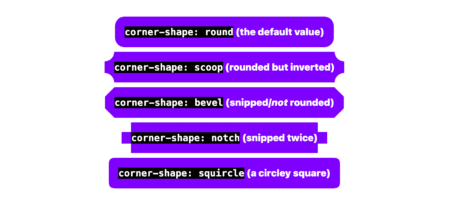Code isn’t just for solving problems. It’s also for exploring ideas, expressing creativity, and building something just because it sparks joy.
For the Love of Code is a global, summer-long hackathon for developers of all experience levels to build the project they’ve been thinking about but haven’t had a reason to start. Whether it’s a web app, CLI tool, game, AI exploration, or a creative experiment, this is your invitation to build for the fun of it — solo, with friends, or alongside GitHub Copilot.
When
For the Love of Code will run from July 16 to September 22, 2025.
What you could win
- Internet immortality: Top entries will be featured on the GitHub blog
- 12 months of GitHub Copilot Pro+ for winners in each category
- Glory, vibes, and an excellent excuse to finally build that thing
The real prize is working on something you love.
What can you build?
Anything you want! We’ll be picking winners in six highly scientific categories. Each one is outlined below with inspiration to spark ideas and nerd-snipe you into action 
Category 1: Buttons, beeps, and blinkenlights
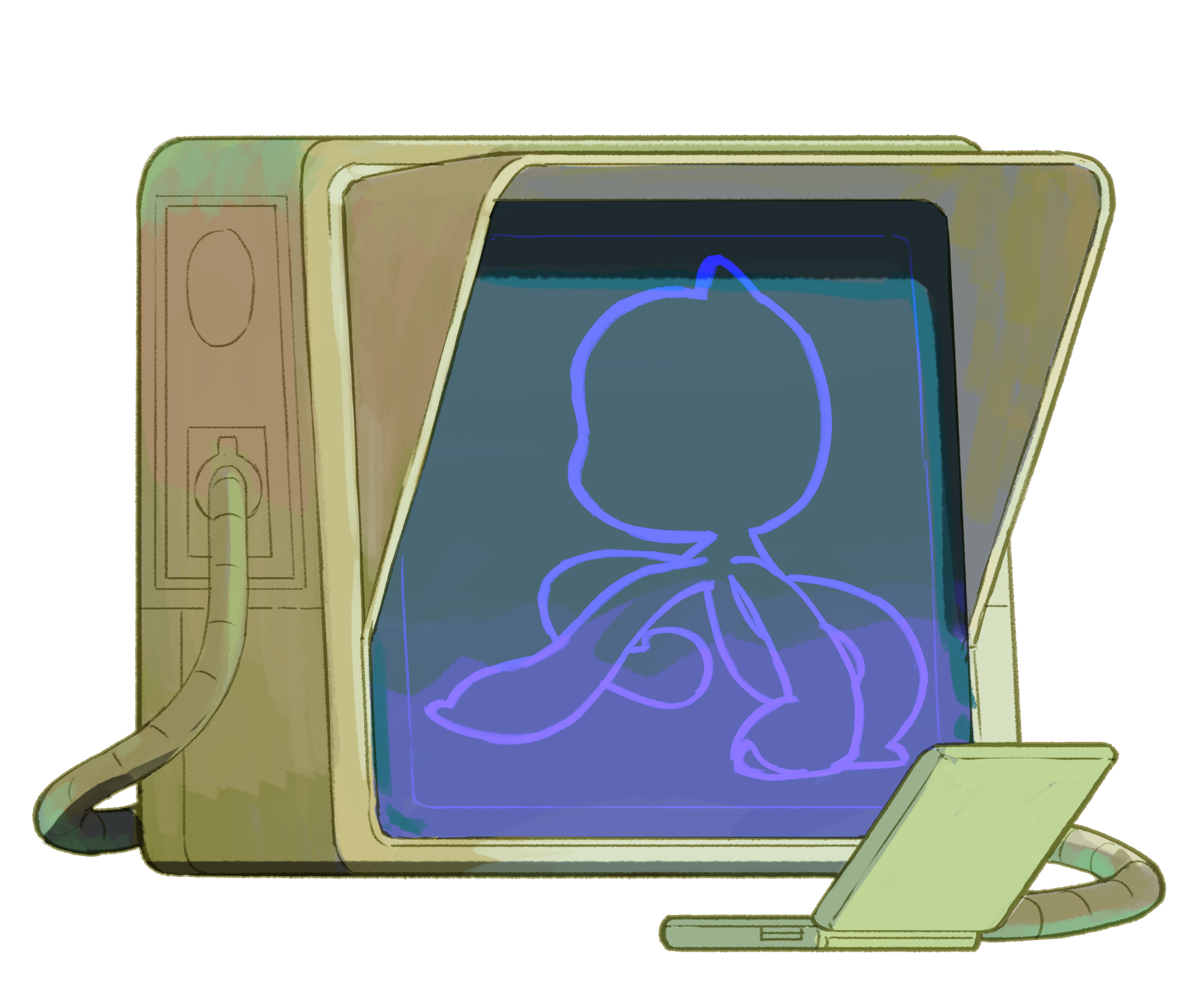 If it lights up, makes noise, or looks like it escaped from a 1998 RadioShack, it belongs here. Hardware hacks (real or simulated) that blink, beep, buzz, or surprise. Think interactive, physical, tactile, and just a little chaotic. Examples:
If it lights up, makes noise, or looks like it escaped from a 1998 RadioShack, it belongs here. Hardware hacks (real or simulated) that blink, beep, buzz, or surprise. Think interactive, physical, tactile, and just a little chaotic. Examples:
- A traffic light that displays your build status
- A soldered-together sidekick that yells “LGTM!” every time your tests pass
An e-ink screen displaying your contribution graph– oops, this has already shipped!A hack to make your screen display actual work when the webcam detects your boss approachingA laptop opening and closing-powered morse code generatorA Rust project that visualizes guitar notes on an ESP32 T-Display ♩ ♪ ♫ ♬
Category 2: Agents of change
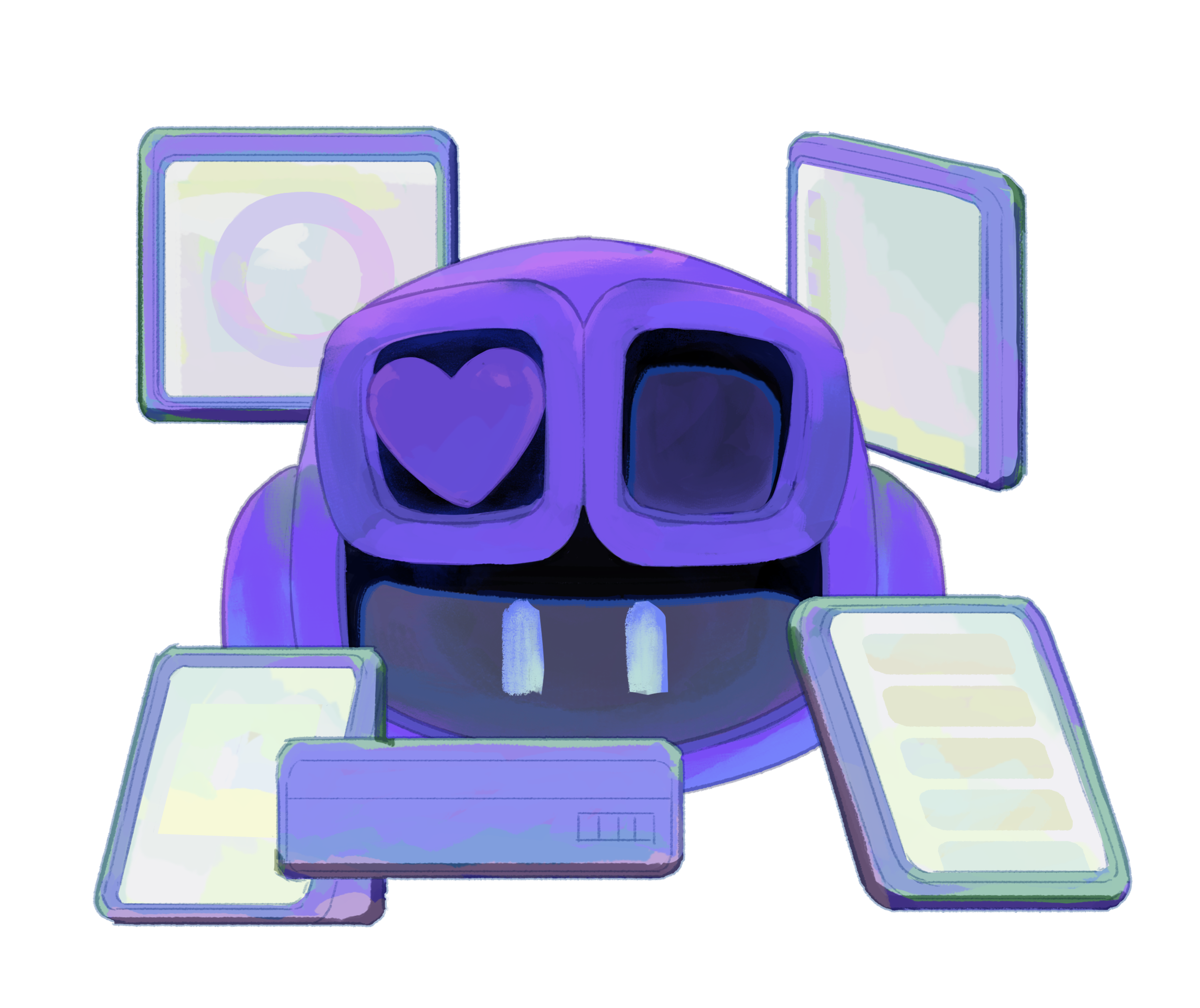 AI-powered experiences, agents, or old-fashioned bots that help, hinder, or hilariously misunderstand you. Whether it’s helping automate workflows, critiquing your code like a judgmental coworker, or pretending to be your sentient toaster, this is your playground for all things assistant-y and absurd. Examples:
AI-powered experiences, agents, or old-fashioned bots that help, hinder, or hilariously misunderstand you. Whether it’s helping automate workflows, critiquing your code like a judgmental coworker, or pretending to be your sentient toaster, this is your playground for all things assistant-y and absurd. Examples:
- An LLM-powered changelog writer that wildly over-dramatizes every update. “Fixed minor bug” → “Vanquished a lurking menace that corrupted the sacred login flow.”
- An agent that reviews PRs like a sarcastic senior dev, an overly nice intern, or a concerned parent: “Are you sure this function needs to be this recursive?”
An AI-assisted app to help split your restaurant billsA Shania Twain Slack or Discord bot to inspire(Editor’s note: That don’t impress me much!)
Category 3: Terminal talent
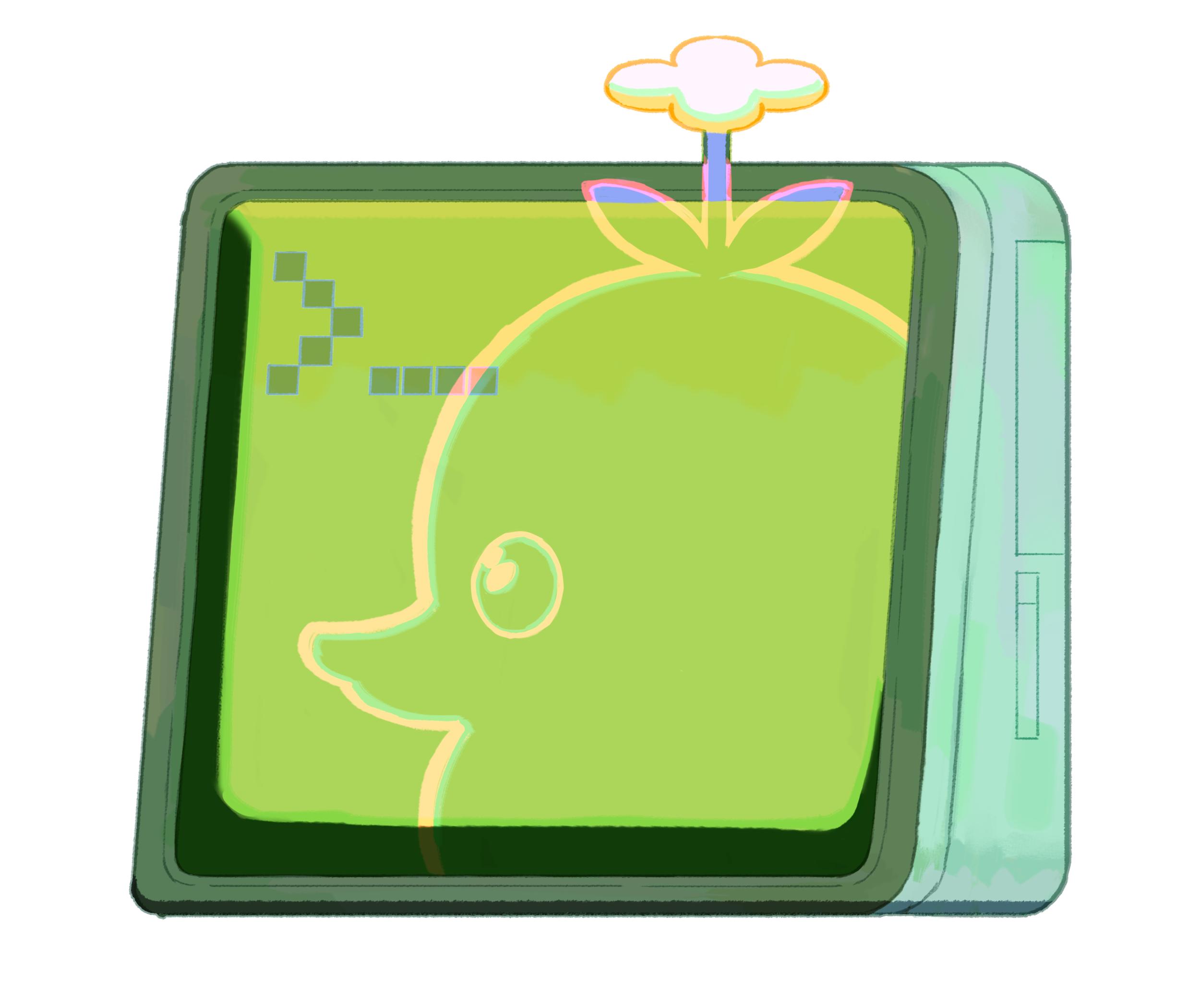 Command-line tools, extensions, and TUI projects that are clever, useful, or just plain fun. Serious utilities with personality, beautifully crafted interfaces, or quirky scripts that make your terminal feel more alive all belong here. If it runs in the shell and makes you smile, it belongs here. Examples:
Command-line tools, extensions, and TUI projects that are clever, useful, or just plain fun. Serious utilities with personality, beautifully crafted interfaces, or quirky scripts that make your terminal feel more alive all belong here. If it runs in the shell and makes you smile, it belongs here. Examples:
- A command-line karaoke machine.
- A GitHub CLI extension that gives your daily horoscope and outlook based on issues and pull requests.
- An interactive tool to automate that one thing that you’ve been meaning to automate for years.
An animated party parrot for your terminalA mechanical keyboard sound simulator
Category 4: Game on
 Code is your controller. Build something playable, puzzling, or just plain fun. This category is for interactive experiences of all kinds, like prototyping a game idea, remixing mechanics, or mashing up genres. Think nostalgic, clever, or completely original. Fun first, functional close behind. Examples:
Code is your controller. Build something playable, puzzling, or just plain fun. This category is for interactive experiences of all kinds, like prototyping a game idea, remixing mechanics, or mashing up genres. Think nostalgic, clever, or completely original. Fun first, functional close behind. Examples:
- A retro-style arcade game inspired by the classics you grew up playing.
- An adventure game with AI-generated plot twists, NPCs, and side quests.
A vibe-coded vertical jumper built with and featuring your favorite Copilot.Yet another Flappy Bird clone, but with OctocatsA vertical scroller where you fall through real lines of GitHub code
Category 5: World wide wonders
 Any web project that makes people smile, think, learn, or click “view source” belongs here. Whether it’s your first HTML experiment, a polished tool you’ve been meaning to ship, or a playful side project that does something surprisingly useful, this is your space. Educational, delightful, impressive, or just plain fun, all kinds of web builds are welcome. Examples:
Any web project that makes people smile, think, learn, or click “view source” belongs here. Whether it’s your first HTML experiment, a polished tool you’ve been meaning to ship, or a playful side project that does something surprisingly useful, this is your space. Educational, delightful, impressive, or just plain fun, all kinds of web builds are welcome. Examples:
- A web app that takes a GitHub username and roasts them based on their contributions, commit messages, and questionable emoji use




 .
. - A nostalgic 90s-style site that loads like it’s on dial-up, complete with pixel art loading bars, pop-up ads, a guestbook, and that dancing baby GIF.
A CAPTCHA that requires you to kill baddies in DoomAn an interactive, randomized retro sci-fi dashboard with an alien aestheticQapla’
Category 6: Everything but the kitchen sink
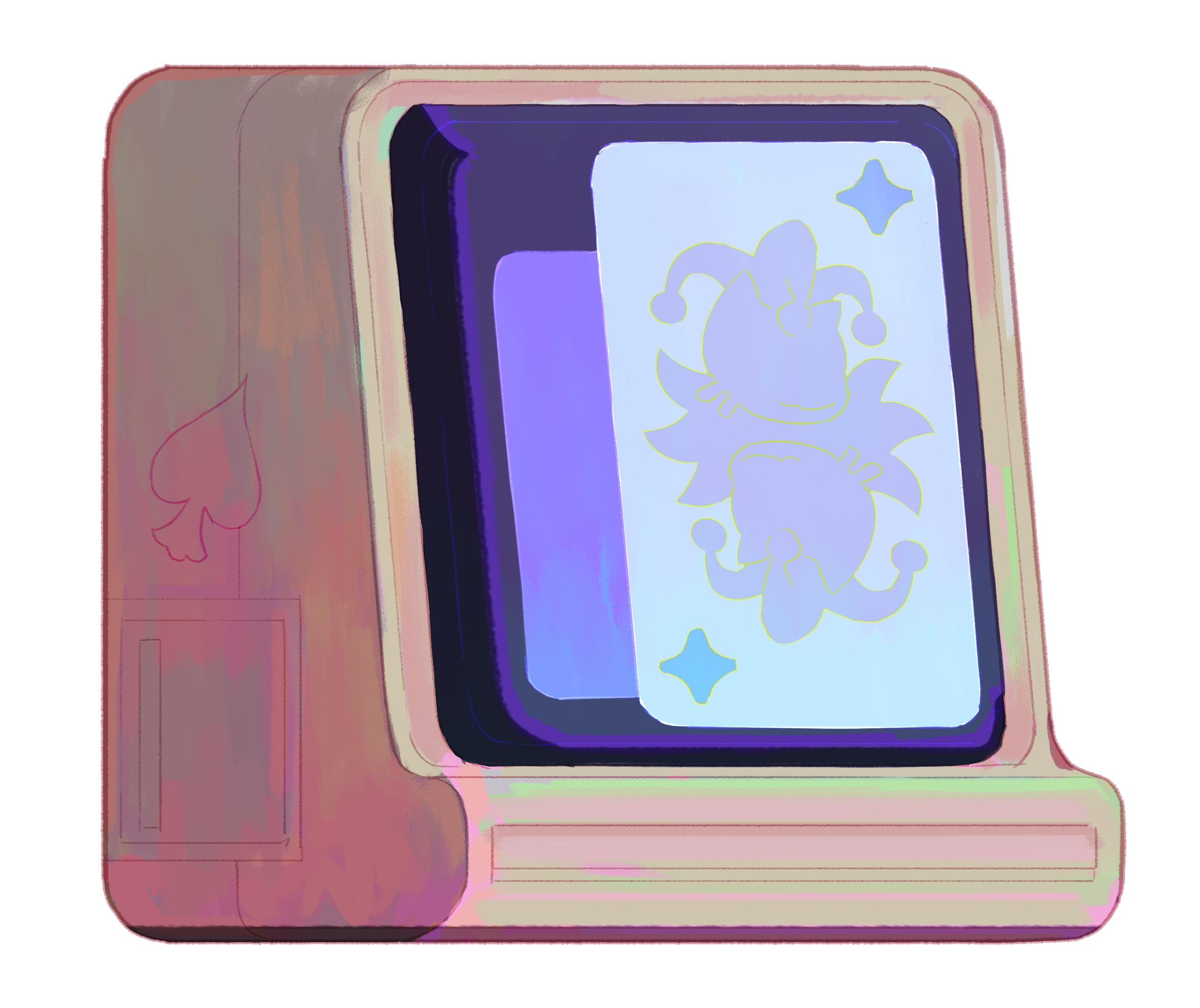 Too niche? Too specific? Hard to categorize? Perfect. This is your wild card category for all the creative projects that don’t fit neatly anywhere else. Think extensions, plugins, tools, GitHub Actions, or prototypes that turned into something unexpectedly useful. Practical, playful, or just uniquely yours, we want to see it all. Examples:
Too niche? Too specific? Hard to categorize? Perfect. This is your wild card category for all the creative projects that don’t fit neatly anywhere else. Think extensions, plugins, tools, GitHub Actions, or prototypes that turned into something unexpectedly useful. Practical, playful, or just uniquely yours, we want to see it all. Examples:
- A Git hook that plays sitcom laugh tracks when you commit.
- A VS Code extension that gives your functions Yelp-style reviews.
- A GitHub Action that refuses to deploy if your team hasn’t merged a PR with a positive emoji in the title that week.
- A rewrite of something in Rust for the sake of it.
A VS Code extension to bring pets into your editor- YOUR AMAZING IDEA GOES HERE!
Make it wildly useful, or just plain weird. As long as it brings you joy.
Who can participate?
Students, maintainers, weekend tinkerers, creative coders, salty seasoned pros, and curious beginners. Solo or squad. First-timer or frequent flyer. If you write code…or want to… it’s for you.
How to join
- Spend an afternoon or the whole summer. Build something joyful: solo, with friends, or with Copilot.
- Push your code to a public GitHub repository by 11:59 p.m. Anywhere on Earth (AoE)* on September 22, 2025*.
- Submit your entries via the official submission form.
* Editor’s note: We suspect Lee picked this deadline to avoid doing time zone math, and so he’d never have to explain daylight saving time again. Respect.
Tag your progress with #ForTheLoveOfCode and we’ll feature our favorites on social and GitHub Explore page!
Rules
The short and sweet version:
- The use of open source is encouraged!
- The use of GitHub Copilot is encouraged, but optional.
- Submit up to 42 projects. (Don’t ask why. You know why.)
- Your project must be in a public GitHub repo with a clear README.
Please see complete terms and conditions.
We know… “terms and conditions” sounds like the least fun part of a joyful code challenge. But if you’re submitting a project or hoping for a prize, take a second to read the official rules. Future-you will thank you.
We’re building a space that’s creative, collaborative, and welcoming to all. Please be excellent to each other. See our Code of Conduct.
Judging
A panel of GitHub Stars, Campus Experts, and staff will evaluate entries based on joyfulness, execution, technical difficulty, ingenuity, and relevance to the category. Bonus points (figuratively) for unexpected use of GitHub Copilot.
We’ll pick three winners from each category and announce the winners by October 22, 2025 on the GitHub blog. But honestly? If it makes you smile, you’ve already won.
Frequently asked questions
 General participation
General participation
- Can I work with a team?
Yes! Solo or squad… your choice. GitHub Copilot makes a great pair (or peer) programmer. Limit your team to no more than 10 people. - How many times can I enter?
Up to 42 times. Don’t ask why. You know why. - Who can participate?
Anyone 13 years of age or older with a GitHub account except where prohibited by law. See official rules for regional restrictions. - How much time should I spend?
As much or as little as you like. Vibe code your project in an afternoon, build over a weekend, or stretch it out across the summer. - I’m new to GitHub/Git/Copilot. Can I still join?
Absolutely. This is a great excuse to dive in! We’ve linked beginner-friendly docs and tutorials to help you get started. - Can I edit my project after the deadline?
You can keep working on your repo forever — but for judging, we’ll look at the state of your project as of 11:59 p.m. AoE on September 22. If you want to keep improving it afterward, go for it! Just be sure the version you want judged is in place by the deadline. - I submitted the form but made a typo. Can I fix it?
Yes! You can submit the form again with corrected info. We’ll just review the latest one. No need to email us in a panic.
 Projects and tools
Projects and tools
- Can I reuse an old idea or prototype?
Yes, as long as your project is built (or rebuilt) during the hackathon window. Forking, remixing, and using boilerplate is encouraged. - Can I use paid tools, licensed software, or APIs?
Yes! Just note any dependencies or subscriptions in your README. Do not commit sensitive info like API keys. - Can I use GitHub Copilot?
Yes! Copilot is optional, but encouraged. It’s great for riffing, prototyping, debugging, or naming your weird project. - Can I submit something that’s not a traditional software project?
Sure! If it involves code — hardware hacks, interactive art, generative anything — it counts. Just host it (or as much as you can) in a public GitHub repo.
 Submission and deadlines
Submission and deadlines
- Is there anything I shouldn’t build?
Keep it respectful, safe, and fun. No NSFW content, hateful speech, or projects that violate GitHub’s Code of Conduct. Weird is good. Harmful isn’t. - When is the deadline?
All entries must be submitted by 11:59 p.m. (anywhere on Earth, or UTC−12) on September 22, 2025 (“Entry Period”). Submissions accepted until it’s no longer September 22 anywhere on the planet. Off-planet submissions discouraged. - Do I need to share the source code?
Yes. Submissions must be in a public GitHub repo. You can license your work however you like (see Choose a License). - What should I include in my README?
Mention any tools, dependencies, paid services, or setup instructions. The better your README, the better we can appreciate your work! Please consider applying the #ForTheLoveOfCode Topic to your repo and adding screenshots, too.
 Judging and prizes
Judging and prizes
- Who’s judging this?
A panel of GitHub Stars, Campus Experts, and staff. - How are winners selected?
We’re looking for joyful, clever, and creative projects. Bonus points (figuratively) for unexpected uses of GitHub Copilot. - What if I win more than one category? Do I get multiple prizes?
That’d be amazing! But to keep things fair, we’ll likely award each participant one prize max. You’ll still get shoutouts for your other awesome entries. - I don’t want the prize. Can I still participate or be featured?
Definitely. Just let us know if you’re opting out of the prize; we’ll still celebrate your project like the internet legend you are. - Is there cash money involved?
Nope. But there’s Copilot Pro+, blog fame, and eternal internet glory. - How do you define “best use of Copilot” or “surprise awards”?
We’re keeping it loose and fun. If you do something clever, hilarious, or surprisingly useful with Copilot, we’ll take note. Same goes for standout docs, vibes, or chaos energy. Surprise us!
 Media, demos, and showcasing
Media, demos, and showcasing
- Do I need a video or demo?
Not required, but highly encouraged! GIFs, screenshots, or short videos help bring your project to life. They also increase your chances of getting noticed and being featured. - Can I host my demo outside GitHub (e.g. itch.io, Vercel)?
Yes! Just include the link in your README or submission form. We still need the project code in a public GitHub repo. - Will projects be shown on livestreams, social, or at GitHub Universe?
Maybe! Submitting gives us permission to showcase your project if it’s selected. We’ll always give credit.
Something not covered here? Please ask in the community discussion.
The post For the Love of Code: a summer hackathon for joyful, ridiculous, and wildly creative projects appeared first on The GitHub Blog.
Source: Read MoreÂ
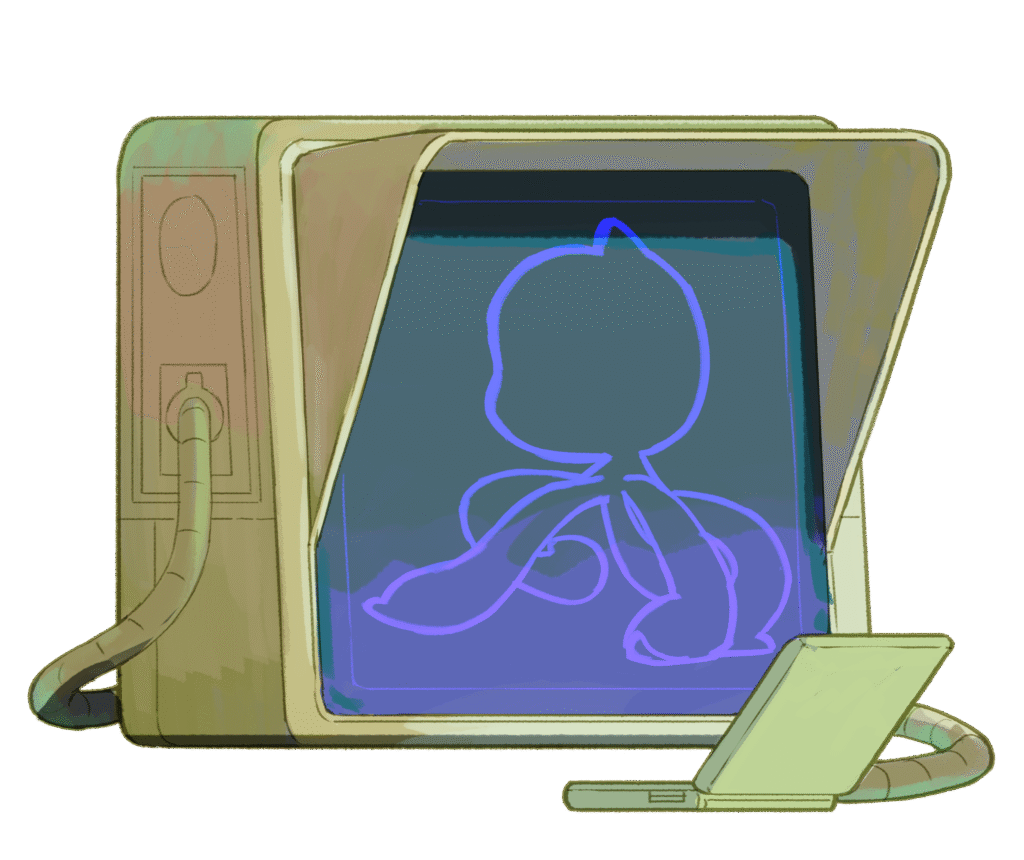




 .
. General participation
General participation Projects and tools
Projects and tools Submission and deadlines
Submission and deadlines Judging and prizes
Judging and prizes Media, demos, and showcasing
Media, demos, and showcasing